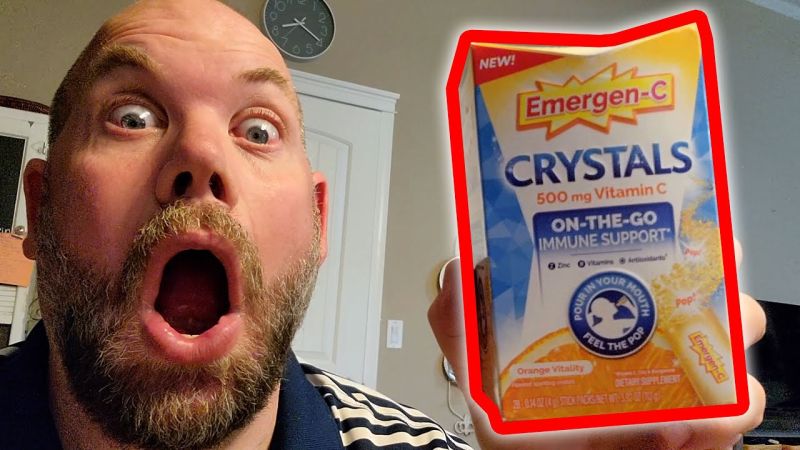
An Apple a Day Keeps the Doctor Away
"Let food be thy medicine and medicine be thy food” was spoken by Hippocrates as far back as 400 B.C. and captures a concept that is not only ancient, but universal. The idea is central to cultures and beliefs as diverse as Ayurveda, traditional Chinese medicine, the Mediterranean diet, and even W. K. Kellogg's Battle Creek Sanitarium.

True “Food as Medicine” mentalities go way beyond the Instagram-trendy functional ingredients and self-care-styled wellness: it means eating to prevent and treat disease. This philosophy has inspired and birthed countless brands over the decades, typically by people who started out healing themselves or a loved one.GT Dave's Kombucha was famously borne out of his mother's cancer recovery. Orgain was inspired by the founder's experience with cancer as a teenager, and Amy Lacey created Cali'Flourfollowing a diagnosis of Lupus. But a new cohort of brands are even more explicit about this mission.

Step One Foods is formulated to lower cholesterol and improve cardiovascular health under the premise that food is more powerful than statins. FODY helps those suffering from IBS to manage their symptoms by delivering FODMAP friendly foods. Good Medicine Co.'s Care Kits bundle food-based remedies for recovery moments. And brands like Daily Gem and Stamba blur the line between supplements and food.

But the big shift on the horizon is big food—and big insurers—getting in on the act. Luvo, which has raised over $78M, is launching a 6-week reset diet for diabetes, pushing the premise that food as medicine is worthy of reimbursement from insurers. Hormel's Vital Cuisine brand is targeted toward patients undergoing cancer.From California to Tennessee, multiple pilot programs are proving out that diet alone can reverse diabetes and other chronic disease. As a result, private insurance plans are just beginning to experiment with the "food as medicine" ideology.

While insurers aren’t about to cover your organic broccoli or turmeric latte, the economics of diet vs. drugs mean prescription pads and grocery lists won't look so different down the road. Drugstore retailers like CVS are ushering in this convergence of food and medicine, while strategically cutting out products that fly in the face of health – we’re looking at you cigarettes. Juul, we hope you’re next up.After decades of being part of the problem, the food industry is now part of the solution. Distrust in conventional medicine and interest in more holistic approaches are driving consumers away from drugs and back to their plates. We're stoked to be building the brands that are ushering in this healthier future.
Other Articles
All ArticlesOther Articles
All ArticlesFuture proof your brand.
Contact Us
